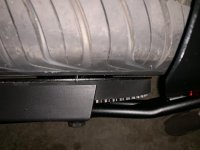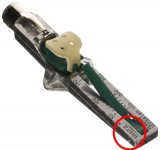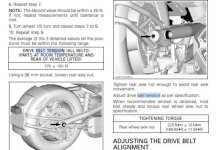bcraig
New member
I have a new 2019 F3 base model. When I start to approach 45 mph in any gear I start getting a high pitch whine that continues until I approach 50 mph. Since it's speed specific, I presume it's associated with the drive belt. I've had the whine since I bought the bike and thought it was just a "Break in" thing. I have 1000 miles on the bike now, but the whine is still occurring. I'm new to Spyder, but have been riding since the late 60s. I've had all 3 kinds of final drives, but have never experienced this whine. Is this normal for the Spyder?



